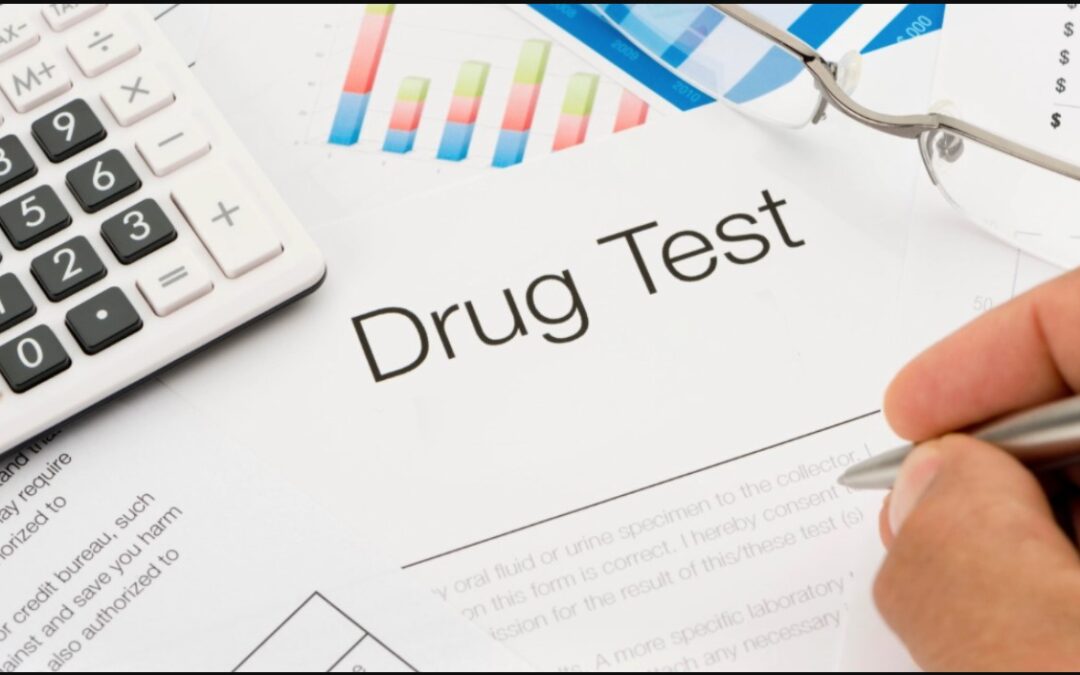Drug and alcohol testing in the workplace has become a common practice in many industries. This article provides an overview of drug and alcohol testing programs, regulations, and employee rights.
What is a Drug and Alcohol Testing Program?
A drug and alcohol testing program is a workplace policy designed to identify and address substance abuse among employees. These programs typically involve random or targeted testing to detect the presence of illicit substances or alcohol.
What is DOT Drug and Alcohol Testing?
The Department of Transportation (DOT) mandates drug and alcohol testing for specific industries, including trucking, aviation, and maritime transportation. DOT regulations aim to ensure the safety of employees and the public by preventing substance-impaired individuals from operating vehicles or equipment.
DOT Drug Testing Requirements
DOT regulations specify drug and alcohol testing requirements for certain industries. These include:
- Pre-employment testing: New employees must undergo drug testing before starting work.
- Random testing: Employees are randomly selected for drug and alcohol testing throughout their employment.
- Post-accident testing: Required following accidents involving fatalities, injuries, or property damage.
- Reasonable suspicion testing: Supervisors can request testing if they suspect an employee is under the influence.
- Return-to-duty testing: Employees involved in substance abuse incidents must be tested before returning to work.
- Follow-up testing: Random testing for a specific period after completing a substance abuse rehabilitation program.
Types of FMCSA Drug and Alcohol Testing
The Federal Motor Carrier Safety Administration (FMCSA) oversees DOT testing for the trucking industry. The main types of FMCSA testing include:
- Urine drug test: The most common type, analyzing urine for illicit substances.
- Hair follicle drug test: Detects drug use over a longer period, typically up to 90 days.
- Saliva drug test: Provides rapid detection of recent drug use.
- Breath alcohol test: Measures blood alcohol concentration (BAC) through breath analysis.
Why Drug and Alcohol Testing is Important
Drug and alcohol testing is implemented to:
- Improve safety: Reduce accidents and injuries caused by impaired employees.
- Protect company reputation: Maintain a positive image and avoid liability issues.
- Comply with regulations: Adhere to industry-specific testing requirements.
- Promote a healthy workplace: Encourage a drug-free culture and support employees struggling with substance abuse.
Employee Rights and Drug Testing
While employers can implement testing programs, employees have certain rights, including:
- Privacy: Test results should be confidential.
- Reasonable suspicion: Employers must have reasonable suspicion to initiate testing, except for pre-employment or random testing.
- Accurate results: Employees can challenge inaccurate test results.
- Due process: Employees should have the opportunity to appeal disciplinary action based on test results.
Frequency of Drug Testing
The frequency of testing varies by industry, company policy, and job role. Some positions may require more frequent testing due to safety concerns, but excessive testing can lead to employee dissatisfaction and potential legal challenges.
Disclosure of Past Drug Test Results
Generally, previous employers cannot disclose the results of a failed drug test to a new employer without the employee’s written consent. This can vary depending on state and federal laws.
Conclusion
Drug and alcohol testing programs are crucial for maintaining workplace safety. By understanding regulations, employee rights, and the purpose of testing, employers can implement effective policies that balance safety with employee well-being.
FAQs
- Can I refuse a drug test?
Refusing a drug test can be considered a violation of company policy and may lead to disciplinary action.
- What happens if I fail a drug test?
Consequences can vary depending on company policy, but they may include counseling, rehabilitation, or termination of employment.
- Can I be tested for prescription medications?
Some drug tests include panels for prescription medications, but employers typically focus on substances that can impair job performance.
- How long do drug test results stay on record?
The length of time drug test results is retained varies by company and industry. However, most companies keep records for a specific period.
- What are the signs of drug or alcohol abuse in the workplace?
Changes in behavior, decreased productivity, increased absenteeism, and safety incidents can be indicators of substance abuse.

